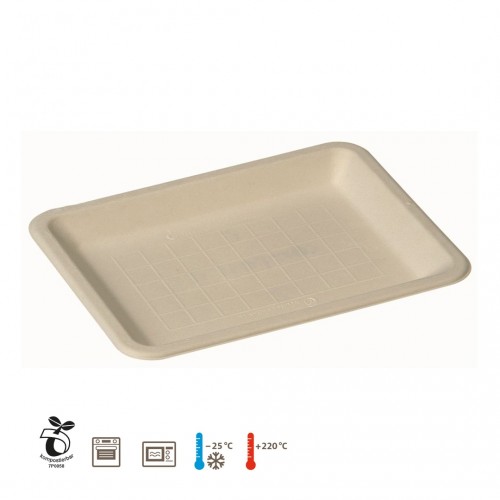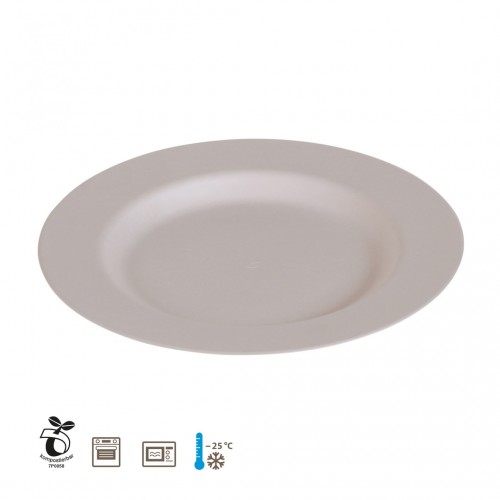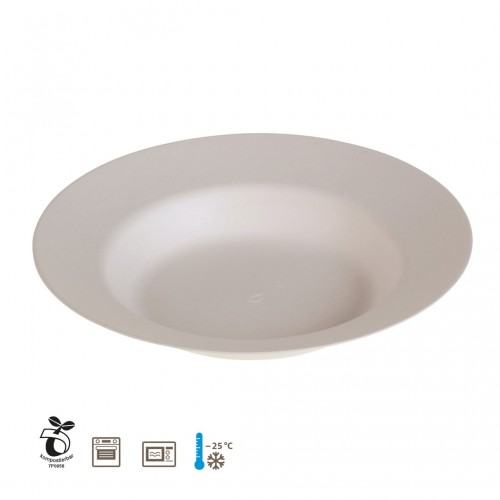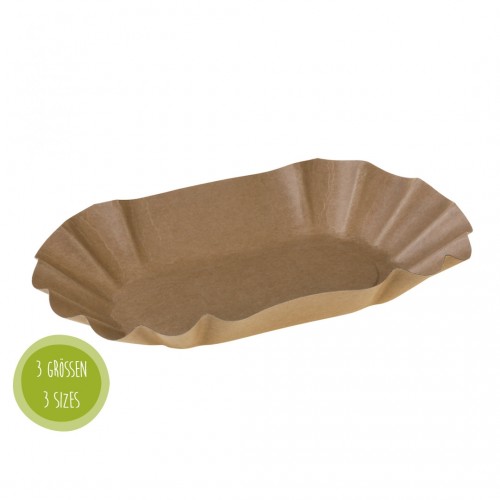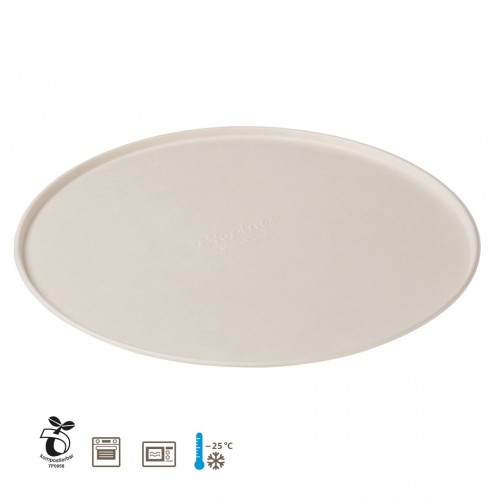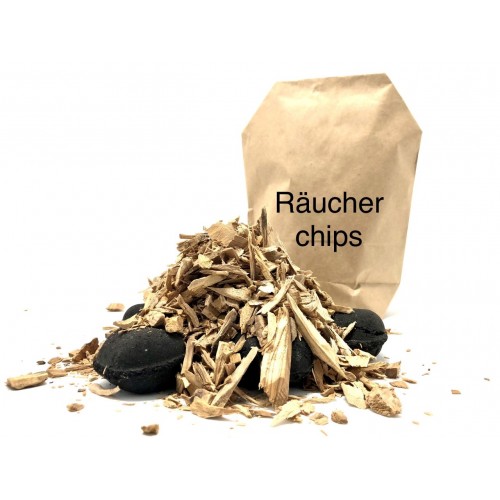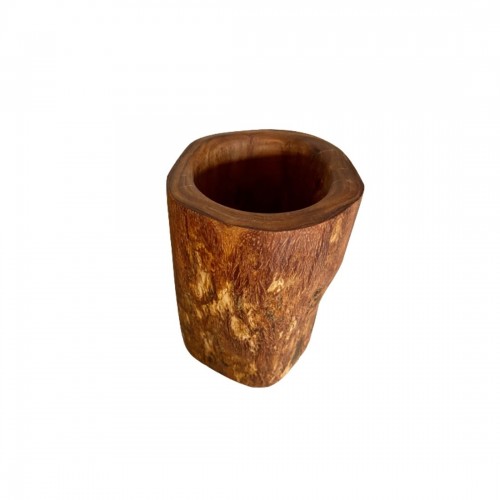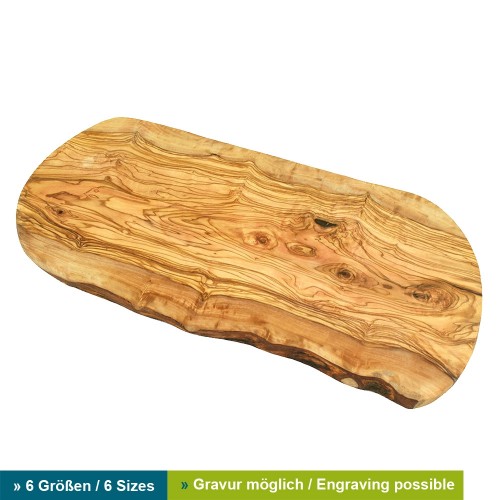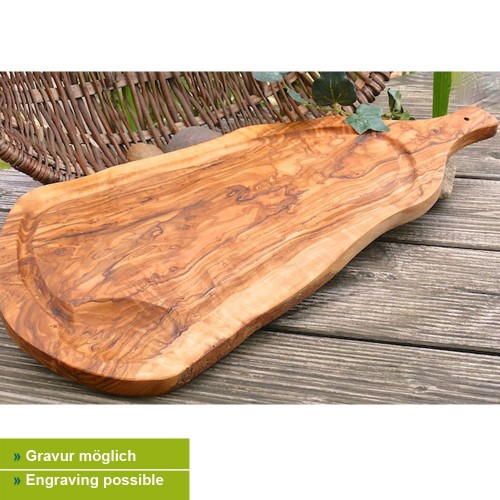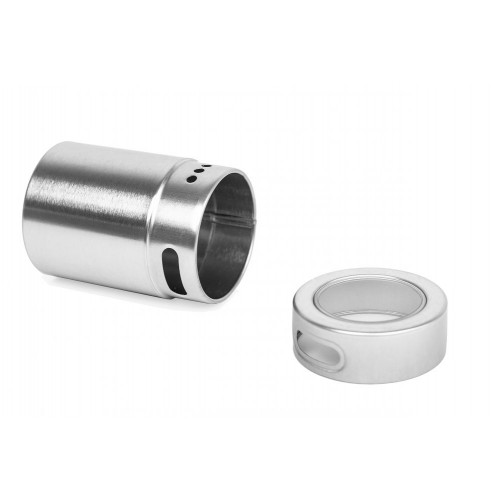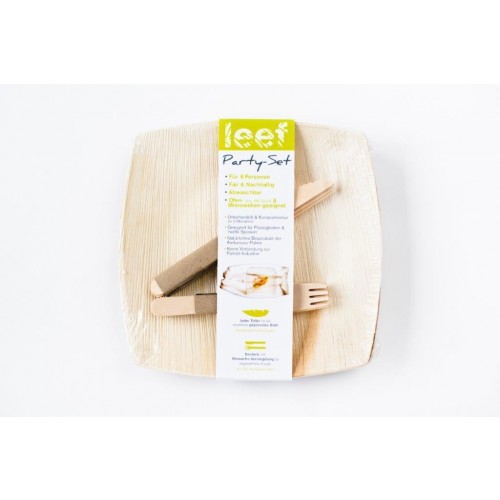Grills & Grill Accessories at Greenpicks
Environmentally friendly grills and sustainable barbecue tools
Whether at home on the terrace or in the garden, eco-friendly grilling is possible in any season. For the treat it is important that it tastes good; for climate protection it is important that the LCA is correct. And that improves significantly through the use of reusable grills and dishes. Simply by the fact that significantly less waste arises.
Who grills in parks or on a riverbank, must now use the reusable grill anyway. More and more cities and towns allow outdoor grilling only on public designated areas and fire pits. To protect nature and the environment, barbecuing is only allowed there with multiway grills. Portable grills are based on a sustainability concept. Made from durable, sturdy and recyclable stainless steel, the outdoor cookers are quickly set up and put into operation. The sophisticated eco design makes it possible that the stainless steel grill after cooling can be stripped down quickly and fits in the backpack or bicycle bag. In addition, the parts are easy to clean, even in the dishwasher.
With a Thai grill a BBQ and cooking outdoors is especially eco-friendly. The table grill allows simultaneous grilling and cooking. The gentle preparation also benefits the food: Vitamins and nutrients are preserved.
read more »Ecological charcoal and barbecue lighter
With alternative charcoal, which carries the FSC® certificate or the German Naturland seal, you fuel wisely. The eco labels ensure that no tropical forest has been cut down for the production of charcoal, and that the wood used comes from sustainable forest management. Also recommended: the DIN mark, which guarantees the renunciation of pitch, oil, coke or plastics. Here are a few examples of barbeque charcoal from resource-efficient and natural sources:
1. Briquettes made from olive stones
A really good alternative is olive stone briquettes. A waste product from the olive oil pressing, which has a low smoke emission and very good burning properties when grilling. The carbon footprint is also better than natural charcoal from coconut shells and bamboo, as the olive pits come from the typical growing areas of Europe.
2. Charcoal from coconut shells
Coconut coal is a by-product of the production of food, jewellery and consumer goods derived from coconuts. Instead of throwing away the shells, they are chopped, carbonated, finely ground and then pressed. It has a higher energy value than wood coal, less smoke emission and burns with a maximum of 4% residual ash. For the production of charcoal from coconut shells, no trees are felled and no habitats are destroyed.
3. Bamboo charcoal
Bamboo grows extremely fast, lignifies already after 3 years and is therefore a rapidly renewable resource. The plant is not cleared but cut and does not cause soil erosion. Coal is a common fossil fuel in Asia, which burns CO2-neutral and sulfur-free. Bamboo charcoal also has very good burning properties. Because of the longer transport route, the ecological footprint is not super, but the bamboo briquettes are still a good alternative to wood charcoal. In addition to fair conditions in the producing countries the seals FSC® and Fairtrade guarantee the wood was not sourced from a protected area and its production was done within guidelines set up to protect group land use rights and environmental quality.
4. Fuel from grape vines and vine stock
Recycled charcoal replacement from old grape vines and vine stock are waste products of the wine industry. Because of the potential use of pesticides in winegrowing, charcoal from grapevines and vines stock should only come from certified organic wineries. In terms of sustainability, the best barbeque lighters are still those homemade from waste. According to the principle of upcycling, sawdust, wax and egg cartons create alternative lighters. Better for health and the environment are also ecological grill lighters based on renewable raw materials, e.g. wax soaked plant fibres or wood wool. Identification marks for the firelighters are also eco-labels like FSC®.
Reusable barbecue accessories & reusable crockery
Minimalists need only a few accessories and high quality ingredients for a barbecue. But for all those who want to organize a big barbecue, Greenpicks offers sturdy dishes made of porcelain, bioplastics and wood. At a barbecue, the number of guests can quickly exceed the number of glasses and plates available. Tip: Do it like campers. Ask your guests to bring their own plates, cutlery and cups to use if you are worried about not having enough reusable ones. For crockery especially it is much easier to keep track of if everyone brings their own. This not only makes it easier to clean up the next day, but also definitely saves resources and money. After all, it's about a nice evening in good company.
Of course, reusable tableware is preferable to disposable crockery. But when it is impossible, plates and bowls made of bamboo and palm leaves are ecological alternatives to plastic disposable dishes and mugs. This eco-disposable dishes are made from rapidly renewable raw materials and are recyclable, provided that the leftovers are removed. The untreated and compostable crockery are also suitable for a picnic in the countryside. For that, the waste industry should finally have to adapt their composting plants to the latest requirements.
Sustainable barbecue techniques
Unfortunately, it is still popular to grill ingredients in foil pans. Their poor life cycle assessment results from the fact that they are used only once and then can’t be recycled because they are heavily polluted by grilling. The same applies to aluminum foil. Then you better go straight to eco barbecue grilling pans. With a small cast-iron skillet, a casserole dish for open fire and for the grill, tapas bowls made of heat-resistant porcelain, stainless steel bowls or thin baking stones, vegetables, meat, pizza and corn dishes are prepared in an environmentally friendly way. In addition, all grill bowls are easy to clean, some suitable for the dishwasher and can be used again and again.
The climate-optimised BBQ
The coals are cooling, the guests have gone home and it's time to gather the garbage and call it a perfect day. As a knowledgeable green consumer, you likely have minimized the use of disposable plates, napkins, cups, and single serving packages in favour of washable utensils and bulk-sized beverages containers. The reward for this responsible behavior is minimal trash, a fridge filled with wanted leftovers, and the promise of a fantastic grilled vegetable sandwich for lunch tomorrow. What a perfect BBQ!
The biggest environmental impact has the food, which are on the grillage. Barbecuing fewer meats and cheeses and more local vegetables is the biggest lever to improve your own ecological footprint when grilling. Your own shopping basket with the deliberate choice of food regulates the climate-optimized barbecue. The icing on the cake for the climate and the environment is the proper disposal of the barbecue leftovers. If there is no dust bin nearby, a recyclable paper bag will help to take home the grill leftovers and to dispose of them there. This pleases Mother Nature, the fellow human beings and the waste collection companies. Incidentally, food leftovers can be transported home in sustainable storage containers to consume them the next day.


